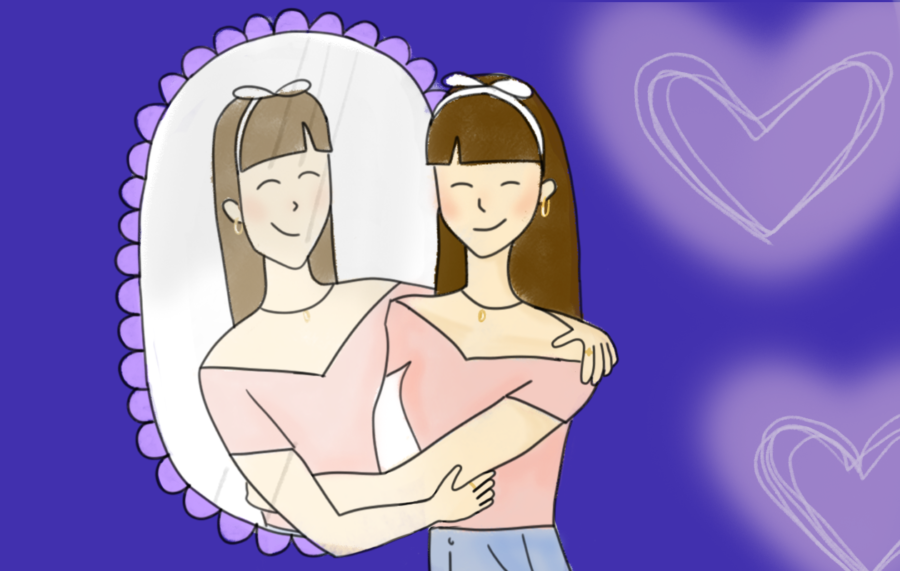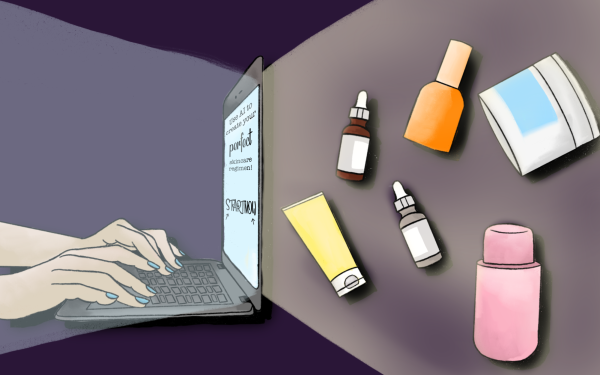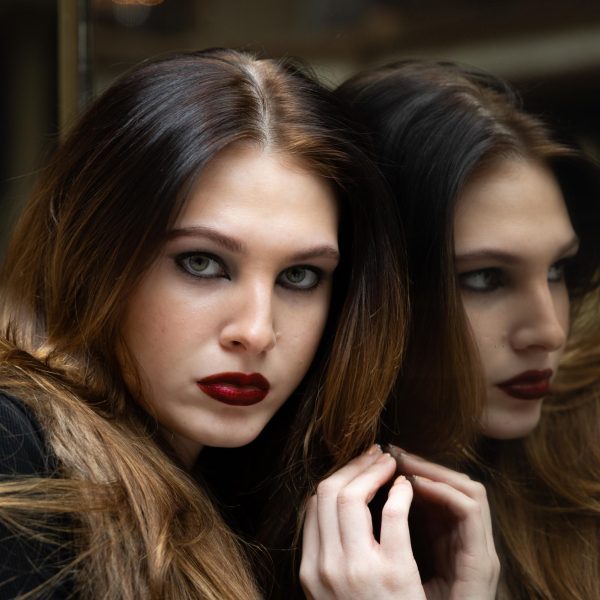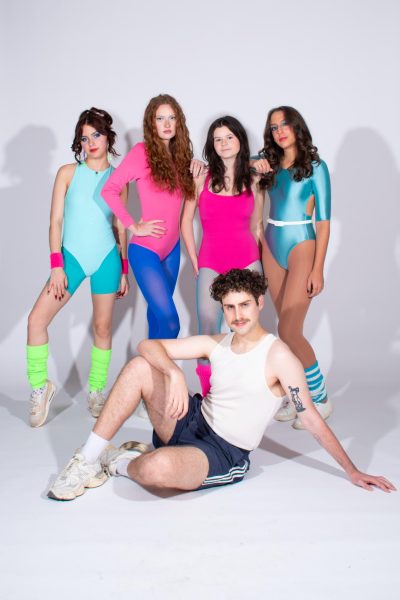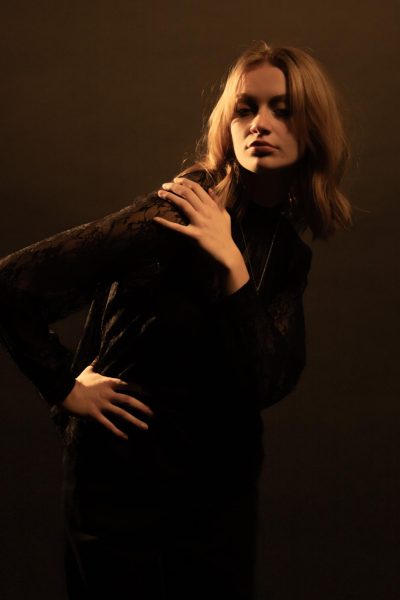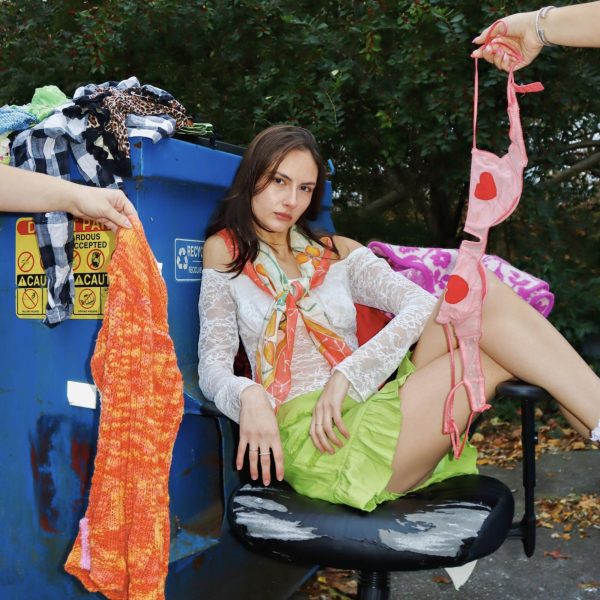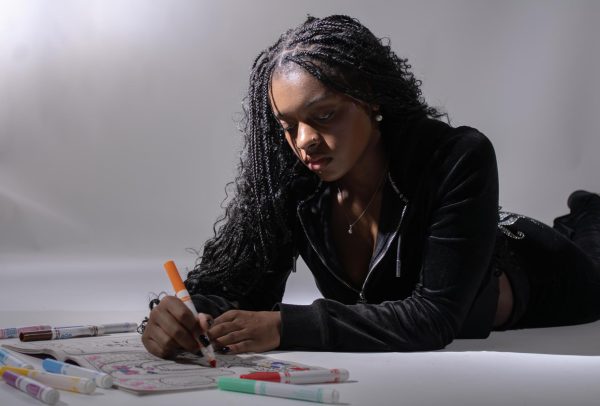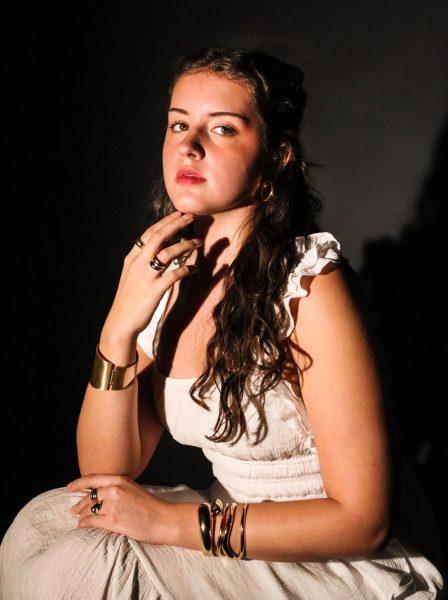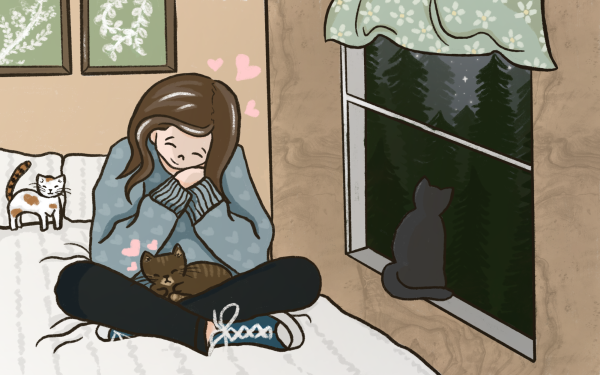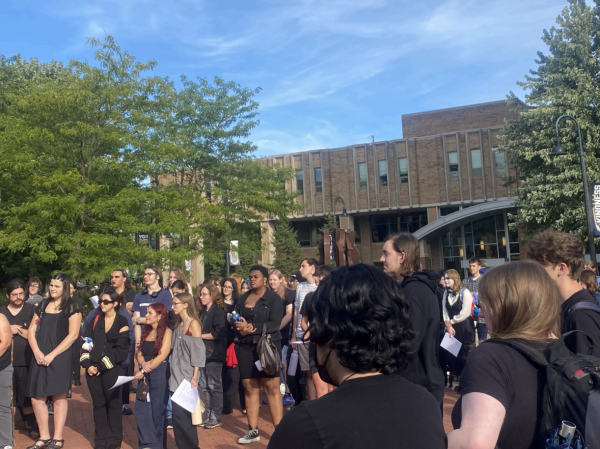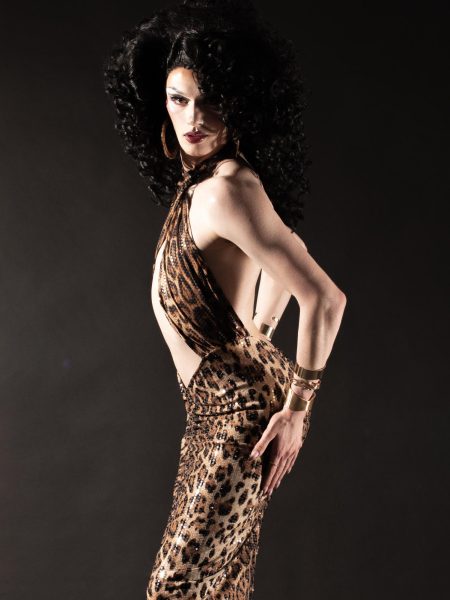models open up about struggles in the modeling industry
For a long time, there has been an assumption in our society that models have the perfect advantage in life simply by being attractive, so much that it caused many people to only value them for how they look. There has been a rise in models speaking up about the adversity they face in the industry and the toll it can have on their mental health. Many models previously avoided speaking publicly about the hardships in their careers because of the fear of being replaced, as it’s constantly dangled in their faces, leaving them feeling disposable.
In 2019, Vogue took the initiative to start a series called “The Models.” The series includes short videos of models that primarily discuss pressing topics in the industry. Since models today can take advantage of social media platforms, it allows for more accessible communication with their audience.
The typical negative stereotype of a model is someone pretty but dumb, which ultimately is a way to diminish their worth as a human. Model Yumi Nu told Vogue, “We were voiceless at one point because we were just there to stand there and look pretty, and it didn’t really matter what we had to say.” Modeling is a career that requires determination, patience and an enormous amount of mental strength, but it seems like many people assume that it’s entirely about attractiveness.
Society has developed more awareness about the unethical sides of the modeling industry, such as models facing issues with assault, objectification, tokenism and racism, but unfortunately, these problems largely remain present.
One of the common issues in the industry today is tokenism, which is the practice of doing something to prevent criticism and give the appearance that people are being treated fairly. Where is genuine diversity? It should be the standard, not a marketing technique for business.
Model Ariel Nicholson was the first transgender model to appear on the cover of Vogue, and she told Vogue, “I was always openly trans, and I made gender always a huge part of the conversation, and I still do, it’s something that I very much care about, but I don’t want it to be the only thing to define me.” Representing a specific demographic of the population does not need to be the only thing that defines someone’s worth in any industry. Society has reached a point where brands are being diverse to achieve diversity requirements or to please and persuade consumers that they care about everyone rather than to show diversity to authentically express the true beauty and differences of who people are. As Yumi Nu told Vogue, “I think there are brands and designers that genuinely care about inclusivity and representation, and I think there are some that follow it as a trend and profit off of it, but it’s not sincerely authentic.”
Today, models are transforming into a representation of empowerment. Model Kaia Gerber told Vogue, “I think models have always had something to say, had other interests, and had things about them that maybe people didn’t know.”
It’s comforting and empowering to hear models from all over the world speak up about the negative side of the modeling industry and have the vision to make it an ethical and safe space for everyone. It shows how much courage they have and their willingness to spread awareness to people they inspire.
Support Student Media
Hi! I’m Catie Pusateri, A Magazine’s editor-in-chief. My staff and I are committed to bringing you the most important and entertaining news from the realms of fashion, beauty and culture. We are full-time students and hard-working journalists. While we get support from the student media fee and earned revenue such as advertising, both of those continue to decline. Your generous gift of any amount will help enhance our student experience as we grow into working professionals. Please go here to donate to A Magazine.

